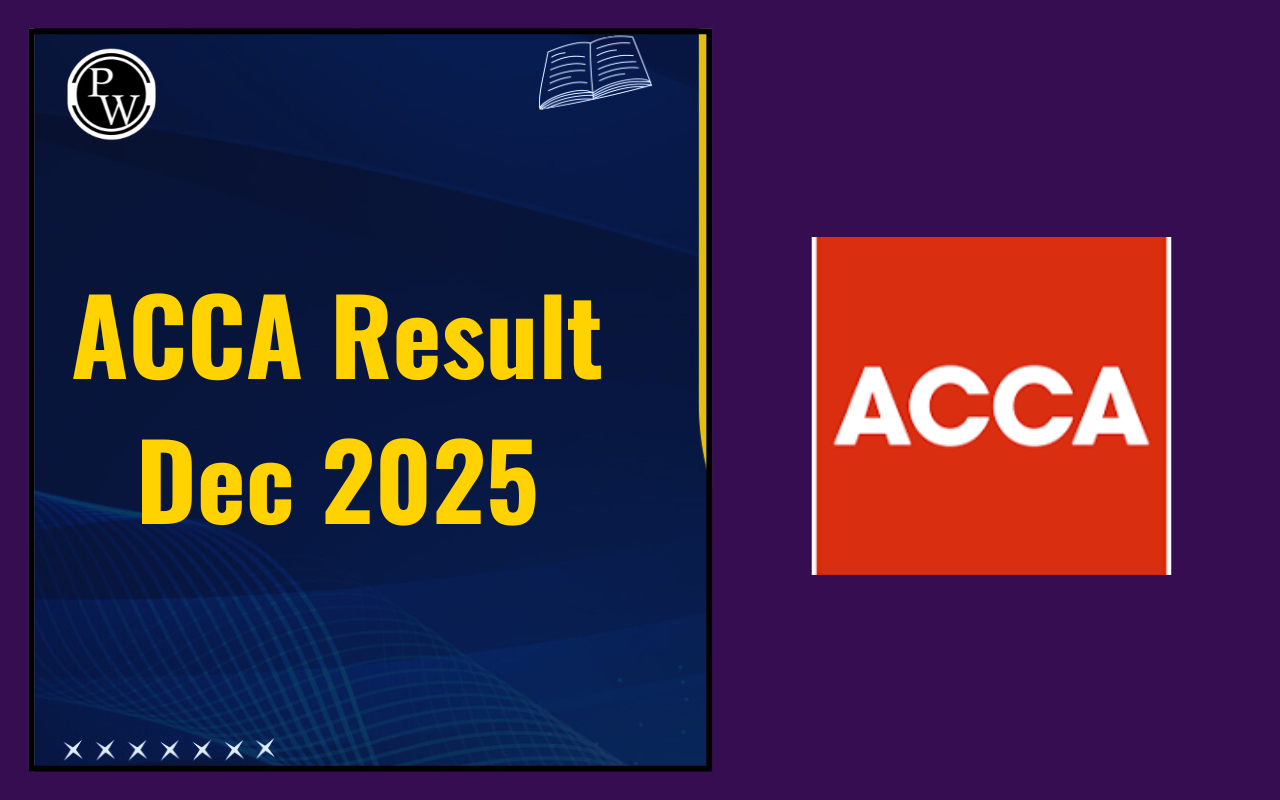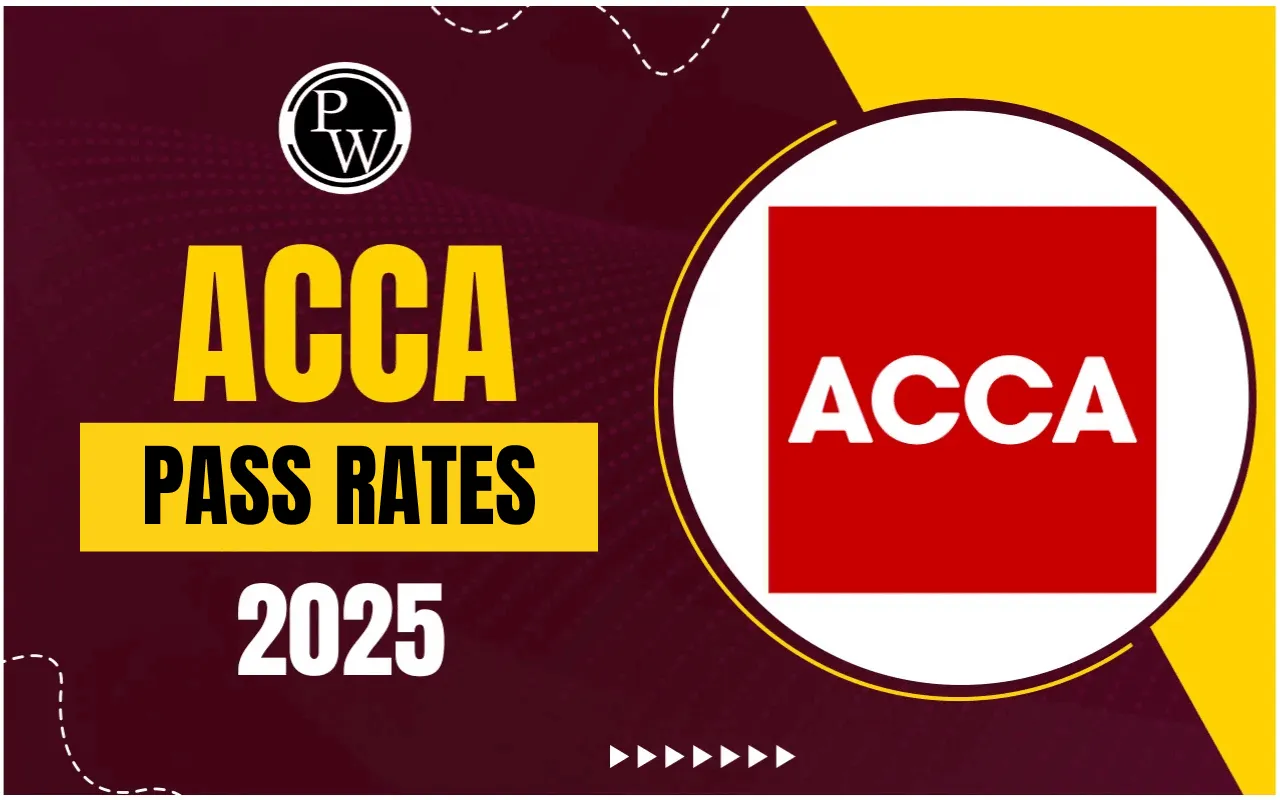
Completing graduation at the age of 20, along with an internationally recognised professional qualification, offers a distinct career advantage. This is precisely the benefit of combining the ACCA certification with a BAF degree. In today’s highly competitive employment landscape, holding an undergraduate degree alone may no longer be sufficient to secure desirable job opportunities.
By pursuing a Bachelor of Accounting & Finance (BAF) alongside the ACCA qualification, students enhance their professional profile from the outset. This dual achievement not only equips candidates with a comprehensive academic foundation but also provides them with a globally respected accounting credential, placing them on an accelerated path to career success.
ACCA with BAF
Pursuing the Association of Chartered Certified Accountants (ACCA) qualification alongside a Bachelor of Accounting & Finance (BAF) degree offers students an excellent opportunity to strengthen their academic foundation while gaining international recognition in the field of accounting and finance.
This integrated approach ensures that students acquire both theoretical knowledge and practical skills that meet global industry standards. While the BAF degree covers essential concepts of accounting, taxation, auditing, and financial management, the ACCA qualification adds a specialised professional edge with its comprehensive curriculum and global employability.
By choosing ACCA with BAF, students not only enhance their career prospects in India but also open doors to employment opportunities across international markets. It is an ideal choice for those aiming to build a strong, future-ready career in accounting, finance, and related sectors.
Benefits of Combining ACCA with BAF
Choosing to pursue ACCA with BAF is a smart move for students aiming for a rewarding career in accounting and finance.
While BAF (Bachelor of Accounting and Finance) builds a solid foundation in financial concepts, ACCA (Association of Chartered Certified Accountants) adds advanced expertise in global accounting practices. When combined, these qualifications create a well-rounded profile, opening doors to more career opportunities in India and abroad.
Stronger Job Prospects
One of the biggest advantages of combining ACCA with BAF is the competitive edge it gives in the job market. Companies are always on the lookout for candidates with a diverse and upgraded skill set.
While BAF focuses on subjects like financial accounting, cost management, and financial analysis, ACCA takes it further by covering financial reporting, taxation, auditing, and international finance standards. This combination makes you a preferred choice for employers.
Better Salary Packages
Another great benefit of pursuing ACCA with BAF is the potential for higher salaries. According to research by ACCA, professionals holding this qualification earn around 36% more than those without it.
Similarly, BAF graduates often secure better pay packages compared to students from other courses. Together, these qualifications improve your chances of landing high-paying roles in reputed companies.
Global Recognition
ACCA is accepted in over 180 countries, which means you aren’t restricted to one region for job opportunities. This international recognition makes it easier to work abroad or with global firms operating in India.
Dual Qualification Advantage
Employers highly value candidates with dual qualifications like BAF and ACCA. This combination reflects a strong understanding of financial principles backed by globally accepted professional skills, giving you an edge over others in interviews and promotions.
Higher Earning Potential
Professionals with an ACCA qualification generally earn more than those with just a bachelor’s degree. Adding BAF to the mix strengthens your profile and improves your financial growth prospects.
Flexible Study Options
The flexible study structure of ACCA allows you to complete BAF without disturbing your ACCA schedule. This makes it easier for students to manage both qualifications at the same time.
Fast-Track Career Growth
ACCA’s practical, case-based learning approach prepares you for real-world business challenges. When combined with the academic knowledge of BAF, it equips you to outperform others in the field and achieve faster career growth.
Also Check: Can I Pursue ACCA While Working?
ACCA and BAF Subjects
If you’re planning to pursue ACCA with BAF, it’s important to know the subjects covered in both programs. The following is a list of what you’ll study in each:
ACCA Subjects
The ACCA course is designed to give students advanced skills in accounting, finance, and business management. Below is the list of subjects you’ll study in ACCA:
-
Business and Technology
-
Management Accounting
-
Financial Accounting
-
Corporate and Business Law
-
Performance Management
-
Taxation
-
Audit and Assurance
-
Strategic Business Leader
-
Strategic Business Reporting
These subjects help develop strong technical and strategic skills, preparing students for global career opportunities.
BAF Subjects
BAF (Bachelor of Accounting and Finance) focuses on building core knowledge in accounting and financial management at the undergraduate level. The following is the list of subjects you’ll cover in the BAF course:
-
Financial Accounting
-
Cost Accounting
-
Financial Management
-
Business Communication
-
Business Economics
-
Taxation
-
Auditing
-
Business Law
-
Management Accounting
These subjects offer students a strong foundation in finance, auditing, law, and economics, skills that are valuable for both professional exams like ACCA and industry roles.
ACCA with BAF Salary
Pursuing ACCA with BAF can significantly boost your earning potential and career opportunities. This powerful combination of a strong accounting and finance foundation (BAF) and internationally recognized financial expertise (ACCA) makes you a top choice for employers in India and abroad.
With this dual qualification, professionals can earn salaries of up to ₹12 lakhs per annum or even higher, depending on experience, job role, and company size. Whether you aim to work with multinational companies, Big 4 accounting firms, or launch your own financial consultancy, ACCA with BAF gives you a competitive advantage in today’s job market.
This combination not only opens doors to high-paying roles but also accelerates career growth in fields like audit, taxation, financial management, and business consulting.
ACCA with BAF Career Opportunities
Combining ACCA with BAF can unlock a wide range of exciting career opportunities in accounting and finance. ACCA is a globally recognized certification respected by employers worldwide, while BAF provides a strong foundation in accounting and finance principles. Together, these qualifications give professionals access to numerous job roles across various industries and sectors.
With both ACCA and BAF, you’ll have the skills to pursue the following roles:
1. Financial Accountant
As a financial accountant, you’ll be responsible for preparing financial statements, managing ledgers, ensuring regulatory compliance, and analyzing financial data to aid decision-making.
2. Management Accountant
In this role, you'll handle budgeting, financial planning, variance analysis, and provide insights to support strategic business decisions.
3. Tax Consultant
Tax consultants advise clients on tax planning, prepare tax returns, ensure compliance with tax laws, and represent clients during audits and other taxation matters.
4. Internal Auditor
Internal auditors evaluate the effectiveness of internal controls, manage risk processes, maintain policies, and suggest improvements to enhance organizational efficiency and effectiveness.
5. Financial Analyst
As a financial analyst, you’ll analyze financial data, build financial models, and prepare reports to support business planning and decision-making processes.
| Also Check: |
| How To Self-Study For ACCA? |
| How to Get an ACCA Scholarship in 2025? |
| How Do Managers Improve ACCA Career with Financial Performance Management? |
| Can Indian ACCA Work In Other Countries? |
ACCA With BAF FAQs
What are the benefits of combining ACCA with BAF?
What career opportunities are available with ACCA and BAF?
What subjects are covered in ACCA and BAF?
How much can I earn with an ACCA and BAF qualification?










